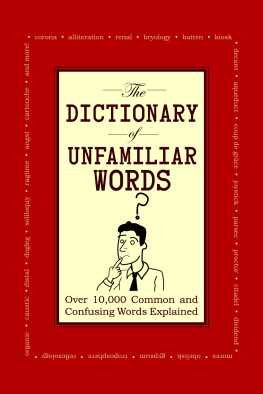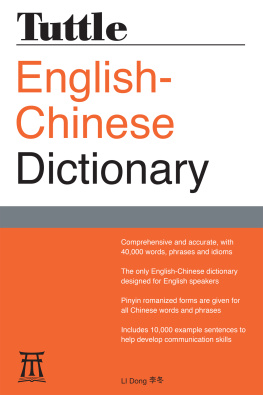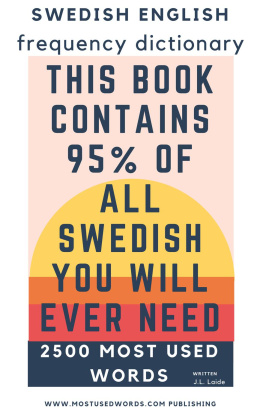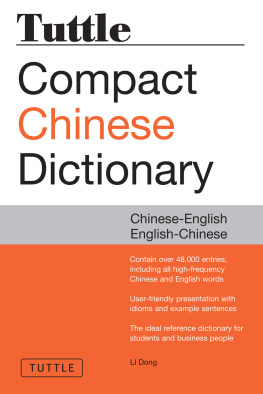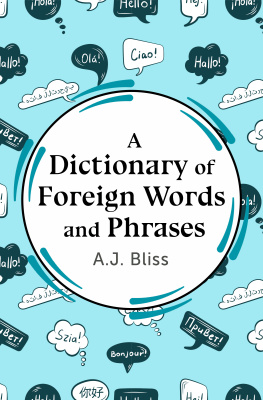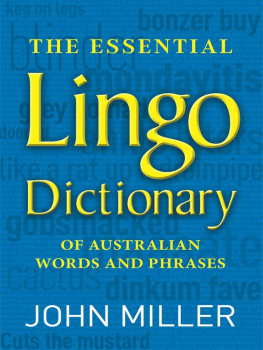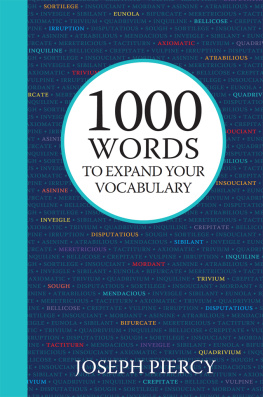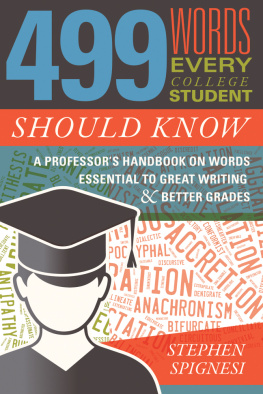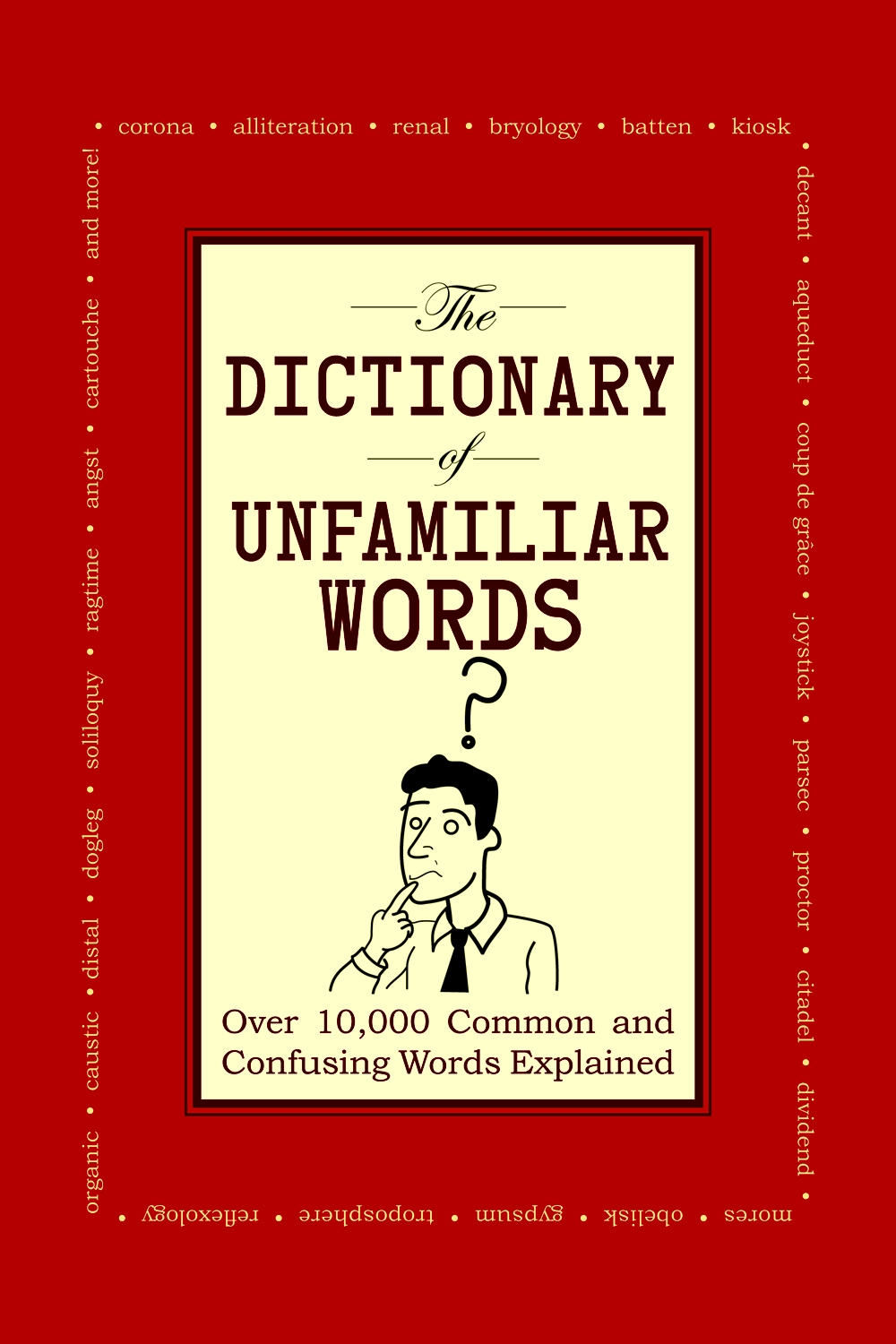
grammar and linguistics
ablative A grammatical noun case that indicates movement away or a cause of something. ablaut A change in the vowel in different forms of a verb, such as tenses, for example hang and hung. accidence The part of grammar that deals with inflections of words. accusative A grammatical noun case that indicates a direct object of a verb or preposition. acronym A word made up of initials or parts of other words, for example, NATO. active Used to describe a form of verb in which the grammatical subject performs the action, for example, The government took steps.
Compare passive . acute accent A mark () placed above a vowel in some languages to indicate pronunciation or stress. adjective A word that modifies or describes a noun, for example, green or happy. adverb A word that modifies a verb, adjective, or another adverb, for example, brightly. affix A word element that only occurs as an attachment to another word or part of a word, such as a prefix or suffix. amelioration A process by which the meaning of a word changes to something more favorable. ampersand A character (&) used in printing and writing to represent and. antonym A word that means the opposite of a given word. aorist A simple past tense, especially in ancient Greek, that does not imply continuance or momentariness. apostrophe A punctuation mark () used to show that a letter has been omitted or to indicate possession, such as in Davids house. apposition A grammatical construction in which one noun or noun phrase explains another immediately next to it, for example, in Picasso, the painter. argot A special language used only among members of a particular group. article A word used to identify the noun that it precedes. aspect A form of a verb that relates it to the passage of time, such as repetition, beginning, or duration. attributive A word or group of words that modifies a noun to which it is immediately adjacent. auxiliary verb A verb that accompanies and augments the meaning of a main verb, for example, can in can do. back-formation The formation of a word by assuming it must be the root of an existing word, for example the verb babysit derived from the noun babysitter. barbarism An expression or use of words that is considered unacceptable or incorrect. brackets A pair of punctuation marks, [ ], used to enclose words added to a text. brackets A pair of punctuation marks, [ ], used to enclose words added to a text.
Compare parentheses . buzzword A word used in a particular jargon that gains a wider, fashionable, currency. calque See loan translation . cant A specialized vocabulary used among a particular group of people. case The relationship that a word has to the other words in a sentence, often shown by the form the word takes. circumflex A mark (^) placed over a vowel in some languages, such as French, to show a change in pronunciation. clause A group of words that forms part of a sentence, usually containing a subject and a predicate. coinage A new word or expression. colloquial Used to describe words or expressions that are found in everyday speech. colon A punctuation mark (:) that introduces another phrase such as a quotation or a list. comma A punctuation mark (,) used to separate items in a list or indicate a brief pause. comparative Used to describe an adjective or adverb comparing two things, for example, brighter or more brightly. complement A word or group of words that follows a verb and completes a predicate. compound A word formed from two or more other words or word parts. conjugation A verb inflection or a complete set of the inflections of a verb. conjunction A word used to connect other words, phrases, or sentences, for example, but. consonant A speech sound or letter representing one that is not a vowel and is pronounced by constriction, for example, t. copula A verb that identifies or links the subject with the predicate in a sentence, for example, looks in She looks very happy today. copulative Used to describe a verb that acts as a copula. dangling participle A participle that is not correctly related to the word it is supposed to modify, for example flying in Flying home that night, the weather broke. dash A punctuation mark like a long hyphen, used, for example, to indicate a change of the subject or introduce a further statement. dative A noun case that indicates the indirect object of a verb. declension An inflection or set of inflections for a noun, pronoun, or adjective. deep structure A term used in linguistics to mean the underlying structure of relationships between the elements that make up a sentence. definite article An article that specifies a noun; in English the is the definite article. demonstrative pronoun A pronoun that specifies a particular person or thing, such as this, that, or those. descriptive linguistics The study of a language at a particular stage in its development without relating it to other stages or other languages. desiderative Used to describe a sentence, clause, or verb form that expresses a desire. deterioration See pejoration . determiner A word that qualifies a noun or noun phrase, for example my. diachronic Used to describe the study of the development of a language over time. diacritic A mark attached to a letter to show a modification of sound or stress. dialect A form of a language used in a particular region or by a particular group of people. diction A persons choice and use of words and expressions in speaking or writing. dieresis A punctuation mark () placed over a vowel to show that it is pronounced (as in Bront) or is pronounced separately (as in nave). diphthong A speech sound that, within one syllable, changes from one vowel sound to another. disjunctive Used to describe a word that indicates opposition or contrast. elevation Another word for amelioration. ellipsis A punctuation mark consisting of a series of periods () used to show that something has been omitted. elliptical clause A clause in which something is omitted, usually because it is understood. elliptical clause A clause in which something is omitted, usually because it is understood.
In the sentence If in doubt, check the manual. If in doubt is an elliptical clause, with words such as you are omitted. eponym A persons name from which the name of a place or thing is derived. ergative Used to describe a case of verbs that take the same noun as either subject or object, for example broke in She broke the glass and The glass broke. etymologist A person who studies the origins of words. exclamation point A punctuation mark (!) used to show that something is being exclaimed. exclamation point A punctuation mark (!) used to show that something is being exclaimed.
Also called exclamation mark. finite verb A verb that is inflected in some way, such as to indicate person, tense, or number. frequentative Used to describe verbs that express an action that is repeated. genitive A noun case that indicates possession, measurement, or source. gerund A verb form that ends in -ing and can be used as a noun, for example, swimming. gradation Another word for ablaut. grammar The way in which elements of a language are put together to make sentences, or the study of the structure of a language. grave A mark () placed above a vowel in some languages to indicate pronunciation or stress; used in English poetry to show that a final syllableed is pronounced, as in slakd. historical linguistics The study of the changes in a language over a period of time. homograph A word with the same spelling as another word but a different meaning. homonym A word with the same sound (and sometimes the same spelling) as another word but with a different meaning. homophone A word with the same sound as another word but with a different meaning and spelling. hybrid A word made up of elements from different languages, for example, television from tele (Greek, meaning far) and visio (Latin, meaning see). hyphen A punctuation mark (-) used to link parts of a compound term or show that a word at the end of a line continues on the next line. idiolect The variety of a language that is used by an individual. idiom A group of words with a meaning that cannot be deduced from its constituent parts, such as at the end of my tether; also used to mean the vocabulary of a particular group. idiomatic Used to describe use of language that is natural to native speakers or employing many idioms. imperative A form of a verb or a construction that is used to express a command. imperfect Used to describe a verb form that expresses an uncompleted or ongoing action, as in We were walking. imperfective aspect An aspect of verbs that expresses action without reference to its completion or beginning. inchoative Used to describe a verb form that expresses a beginning. indefinite article An article such as a or an that does not specify the noun that it modifies. indicative A form of a verb that is used mainly to make statements. infinitive The basic uninflected form of a verb, usually accompanied by to as in to be. inflection A change in the form of a word that indicates a different tense or number. instrumental Used to describe a case of nouns that indicate the means by which something is done. interjection A part of speech or expression that can make sense when uttered alone, for example, Hello. interrogation point See question mark . interrogative A form of a verb or a construction that is used to express a question. intransitive Used to describe a verb that does not have a direct object. intransitive Used to describe a verb that does not have a direct object.

